The United States Congress has two houses: The upper house is the Senate, and the lower house is the House of Representatives. The latter has the primary responsibility for the country’s budget and thus controls the proverbial purse strings. Currently, the liberal Democratic Party controls the presidency and the Senate, while the conservative Republican Party controls the House.
For a long time, House Republicans prevented aid going to war-torn Ukraine. They either did not want to transfer any money, could not agree on the amount or wanted to tie the Ukrainian vote to other issues such as border control. But now, Speaker of the House Mike Johnson has finally shepherded a bill with Democratic support that gives Ukraine $95 billion in aid. The bill passed the House on April 20, 2024, and the Senate approved it on April 23.
This aid package is significant, but is it too late? What are the consequences of this aid?
Ukraine should thwart Russian offensive but Putin will still remain in charge
The aid package cannot reverse the tens of thousands of casualties Ukraine has suffered, nor will it save the territory it has lost so far to the Russian armed forces. Yet it might save the country from still more dire consequences. Ukraine was losing territory and its complete collapse to Russia was probable. Now with this US package and equal European aid, Ukraine has a shot at avoiding that grisly fate.
Without the aid, NATO would have taken a crippling blow and US–European strategic relations would have suffered with Europe would have been left on its own to fund Ukraine. Ukraine, as we know it, would almost certainly have been destroyed.
Another potential consequence would have been the confirmation of Russian imperium in Central Europe and the Baltic states. If Russia successfully toppled Ukraine, it seems likely that Moldova, Georgia and the Baltic states would be in extreme danger. Poland, especially, would have had to think long and hard about its response. It would probably try to develop a nuclear weapon, which would not help global stability.
Failure to pass the package may have confirmed and strengthened what people derisively view as the Russia–China–Iran axis. The three countries view their alliance as a defensive one against US imperium.
So, what happens now? With disaster presumably averted, there will probably be a period of stasis. Then, Russia will likely launch a major series of offensives in June or earlier. However, these are unlikely to achieve much success. It is difficult to say if peace negotiations are now more likely to happen in 2025. But US aid makes such a future possible.
The Russia–Ukraine War is causing suffering akin to World War I’s trench warfare. Modern technology has made offensives more difficult than ever, because nothing can be hidden on the battlefield. So, a potential Russian offensive is unlikely to succeed.
Yet this is unlikely to affect Russian President Vladimir Putin. He and his assistants excel at projecting the image of authority, strength, stability and control. When dealing with a dictator, those things are true until they aren’t. For now, Putin will persist as Russia’s ruler. Note that Russia is more motivated than the US to win the war, its economy is doing well while the Ukrainian economy has cratered and European allies might be losing the will to continue the fight.
US aid bolsters Europe and deters China but Russia remains ascendant
Thanks to the aid package, US relations with Europe will improve. The US has also bolstered its centrality in international relations. Thus, the normative system and the stability it brings might still hold.
Europe remains a key player in global affairs, but it cannot defend itself. The US subsidizes Europe’s security through NATO. Pax Americana — a state of relative international peace typically overseen by the US — guarantees peace in Europe, but Europe would need to assemble its defenses to increase its international influence. Even if Europe moves decisively, it will take a decade to build defense capabilities under the best of circumstances.
There are implications for Asia as well. Russia has struggled to defeat a much smaller neighbor with which it shares a border. China has surely paid attention to that fact. Invading Taiwan would be an amphibious exercise and thus even more difficult. China had hoped the US might balk in the event of a Chinese military invasion to bring Taiwan into its One China system. But the US has shown a surprising ability to sustain a beleaguered country that will surely give China pause.
The Russian economy is doing fairly well. The country’s big challenge was capital flight — a large-scale exodus of financial assets and capital from a nation due to political or economic instability. Russia sold commodities — particularly oil and gas, but also nickel, copper and other metals — but the money that came into Russia would immediately flow out to yachts in Monaco and football clubs like Chelsea and Arsenal in England. Just as World War II was good for the US economy, so is the Russia-Ukraine War good for Russia's.
Related Reading
Furthermore, from the paranoid Russian perspective, the expansion of NATO is an existential threat. The government seems to believe that if Ukraine were to join NATO, Russia would face a disaster equivalent to the Mongol invasion. Russia’s fighting ability has not weakened and its forces are on the ascendant in the battlefield.
In contrast, the Ukrainian economy contracted by an estimated 35% in 2023. Economic and military aid is keeping the country together. At some point, this aid might not be forthcoming. Russia is striving to capitalize on its enemy’s feeble condition. Pro-Putin candidates are on the rise in Europe as Slovakia, Hungary and Serbia demonstrate.
Yet Russia is unlikely to claim massive swathes of Western Europe or even western Ukraine. Likewise, Ukraine is unlikely to win back territory that Russia now controls. A frozen conflict looms for the near future.
[Lee Thompson-Kolar wrote the first draft of this piece.]
The views expressed in this article/video are the author’s own and do not necessarily reflect Fair Observer’s editorial policy.





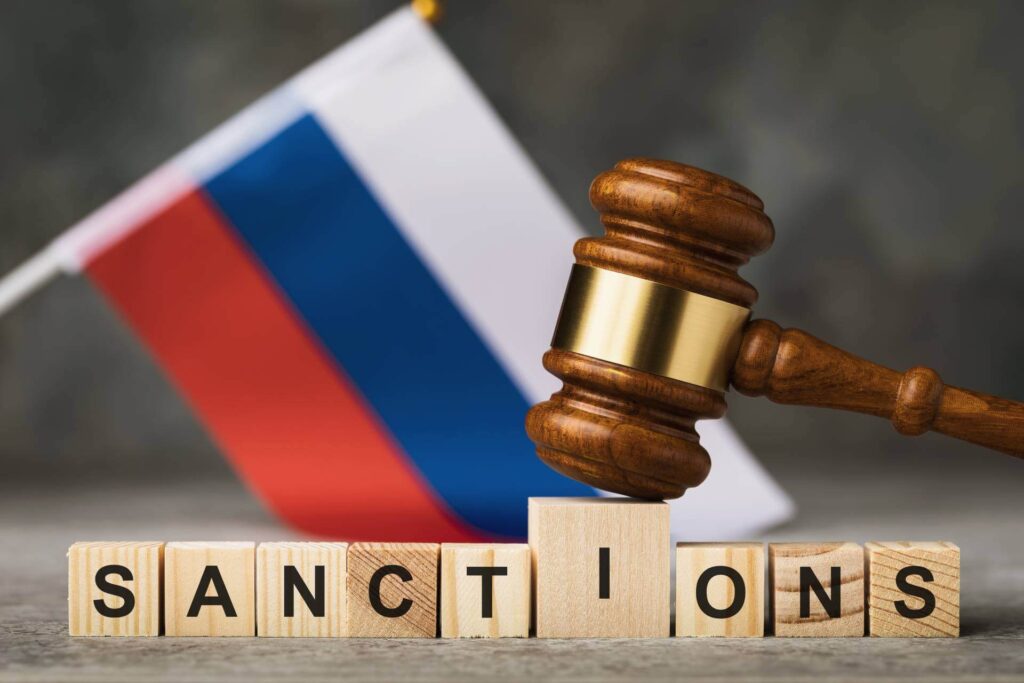

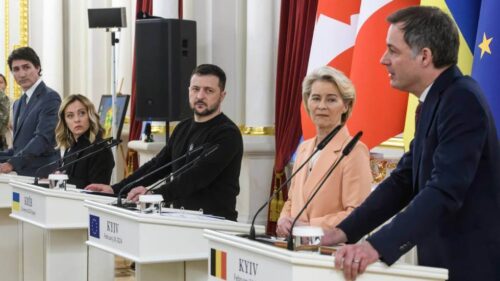

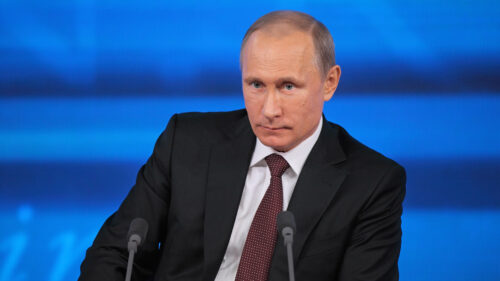



























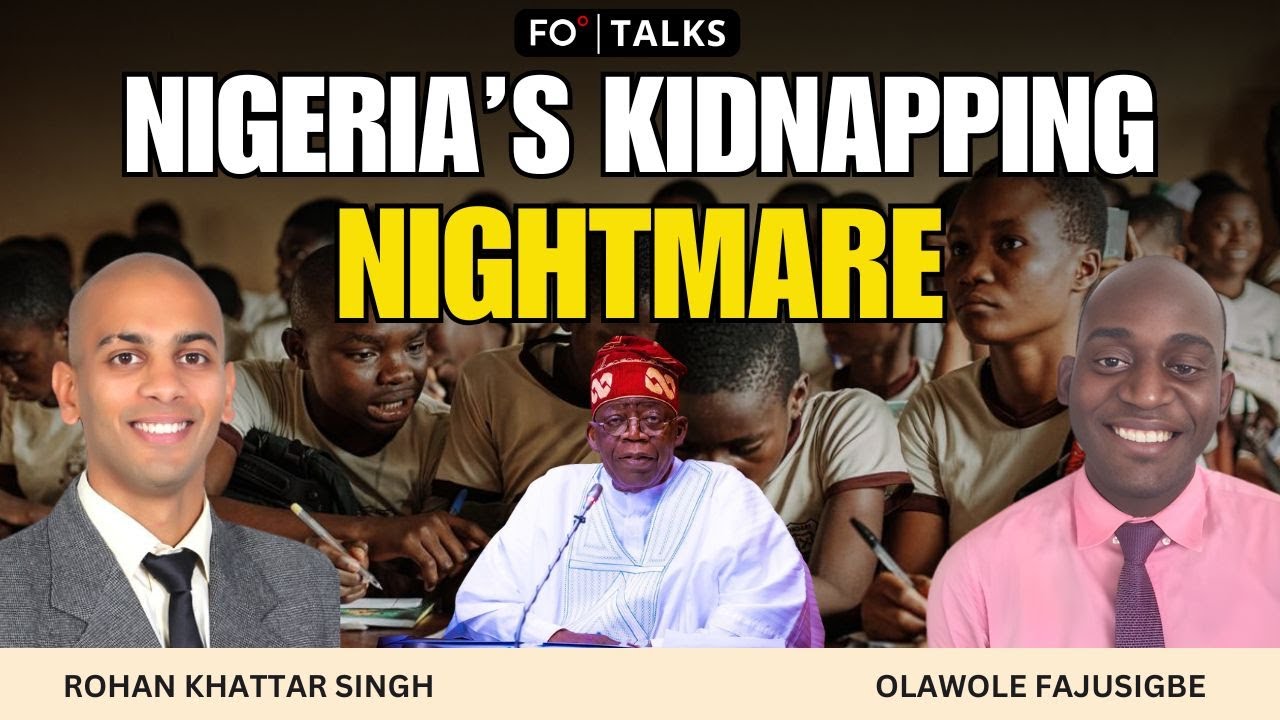

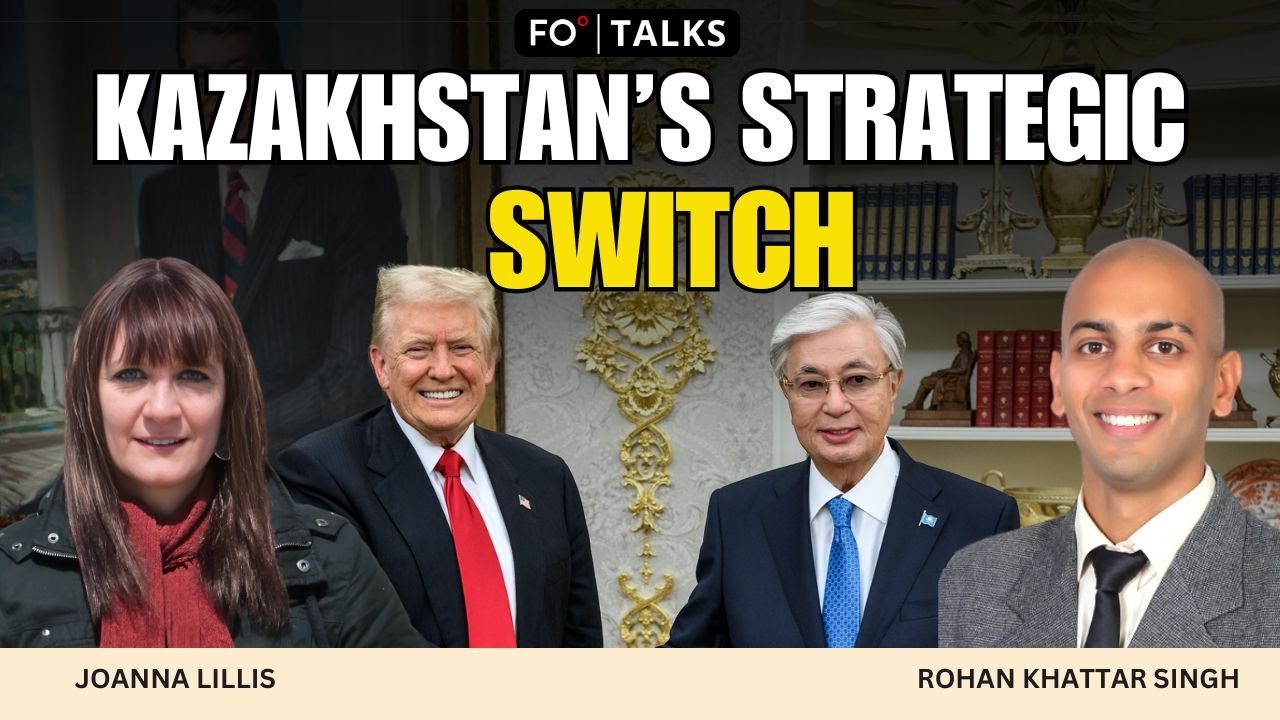









Comment